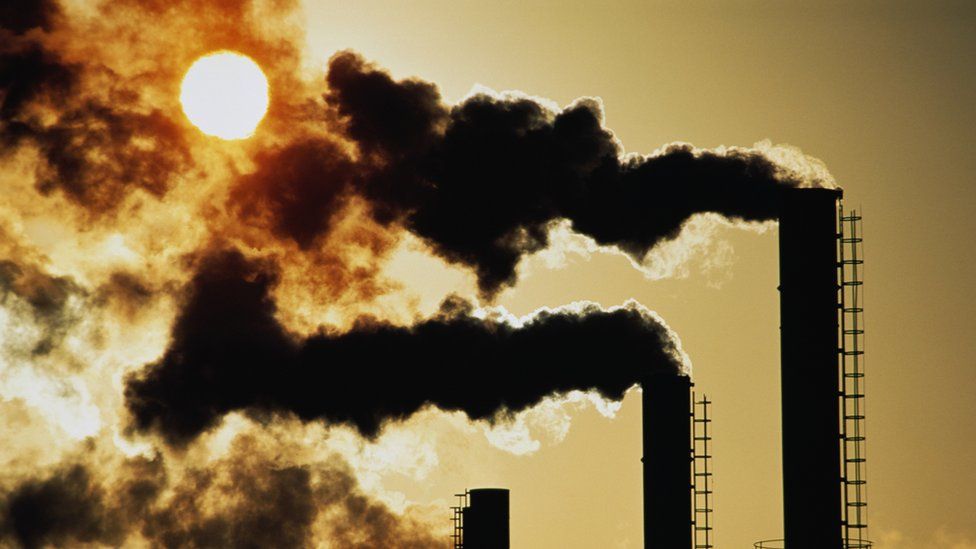- Sunday, 22 February 2026
Climate change threatening global health - report
By Ella Hambly, Oct. 26: Climate change is severely impacting people's health around the world, a report by a leading medical publication has found.
The Lancet Countdown report says the world's continued reliance on fossil fuels increases the risk of food insecurity, infectious disease, and heat-related illness.
UN Secretary-General António Guterres responded that global leaders must match action to the size of the problem.
Leaders will meet for the major climate conference COP27 in Egypt next month.
The report includes the work of 99 experts from organizations including the World Health Organization (WHO) and is led by University College London.
It describes how extreme weather has increased pressure on health services globally already grappling with the Covid-19 pandemic.
Heat-related deaths globally have increased by two-thirds over the last two decades, it finds.
Temperature records have been broken around the world in 2022, including in the UK where 40C was recorded in July, as well as in parts of Europe, Pakistan, and China.
The health impacts of extreme heat include exacerbating conditions such as cardiovascular and respiratory disease and causing heat stroke and poor mental health.
But it said there are solutions. "Despite the challenges, there is clear evidence that immediate action could still save the lives of millions, with a rapid shift to clean energy and energy efficiency," the report concludes.
Guterres said that the world is watching G20 countries, which produce 80% of global greenhouse emissions. They must step up efforts to slash emissions and lead the way by investing more in renewable energy, he added.
"Human health, livelihoods, household budgets, and national economies are being pummelled, as the fossil fuel addiction spirals out of control," he said.
A Unicef report, also published on Wednesday, warned urgent action is needed to increase funding to protect children and vulnerable communities from worsening heatwaves.
Researchers found that the change in climate has increased the spread of infectious diseases. The number of months that facilitate malaria transmission increased in the highland areas of the Americas and Africa in the past 60 years.
Fossil fuel emissions are major contributors to air pollution. Data from the Lancet Countdown estimates that exposure to air pollution contributed to 4.7 million deaths globally in 2020, of which 1.3 million (35%) were directly related to fossil fuel combustion.
The impacts of climate change are also rapidly aggravating and worsening the effects of other coexisting crises such as food insecurity, energy poverty, and increased air pollution, it says.
















